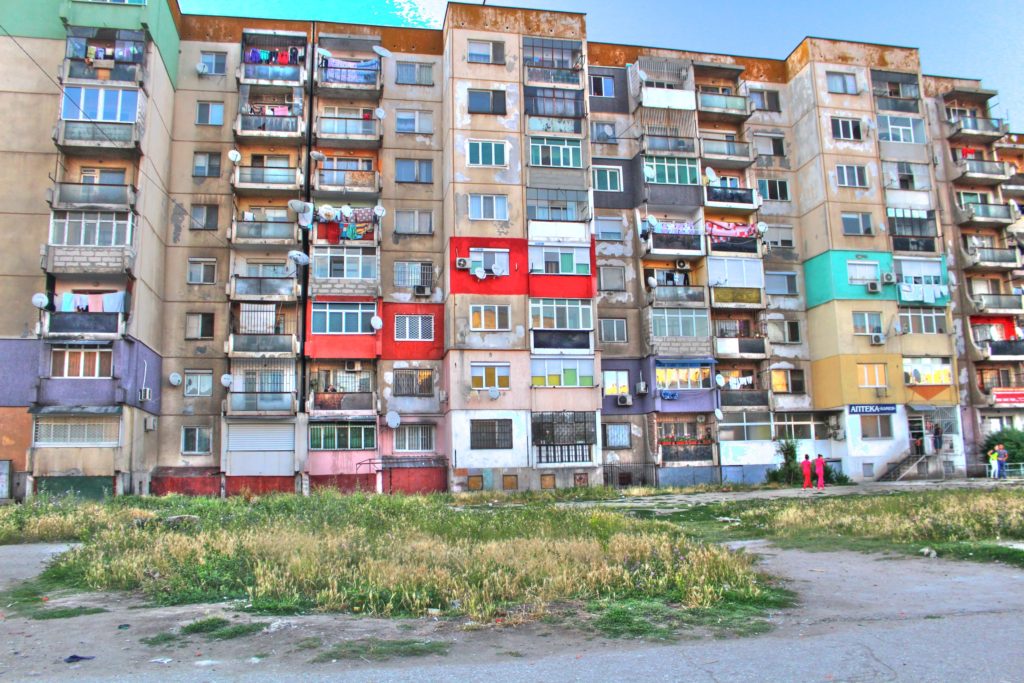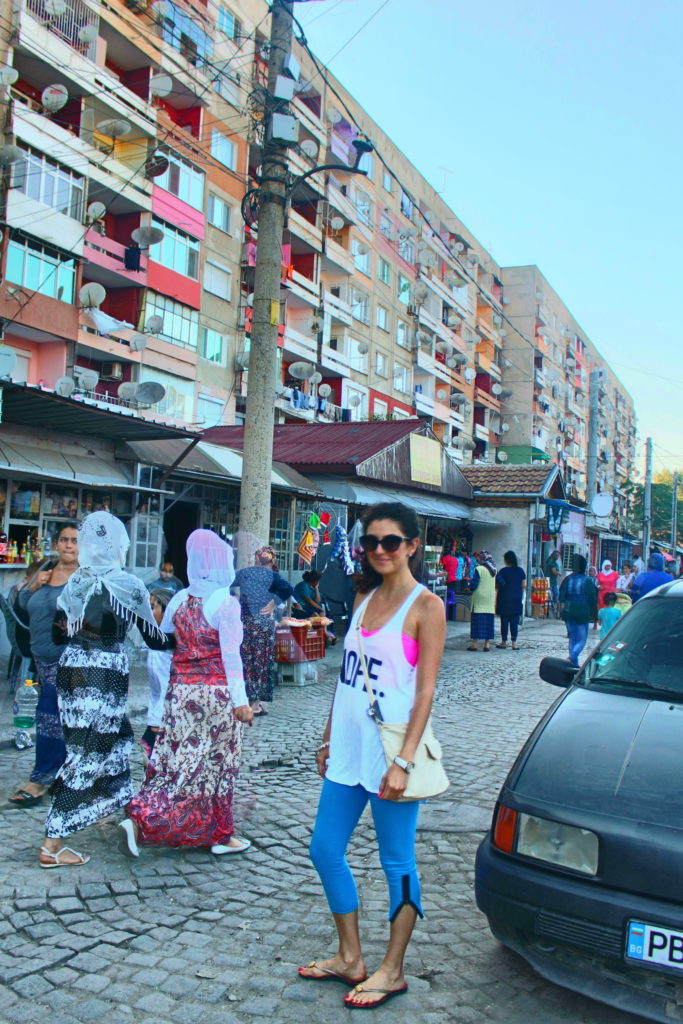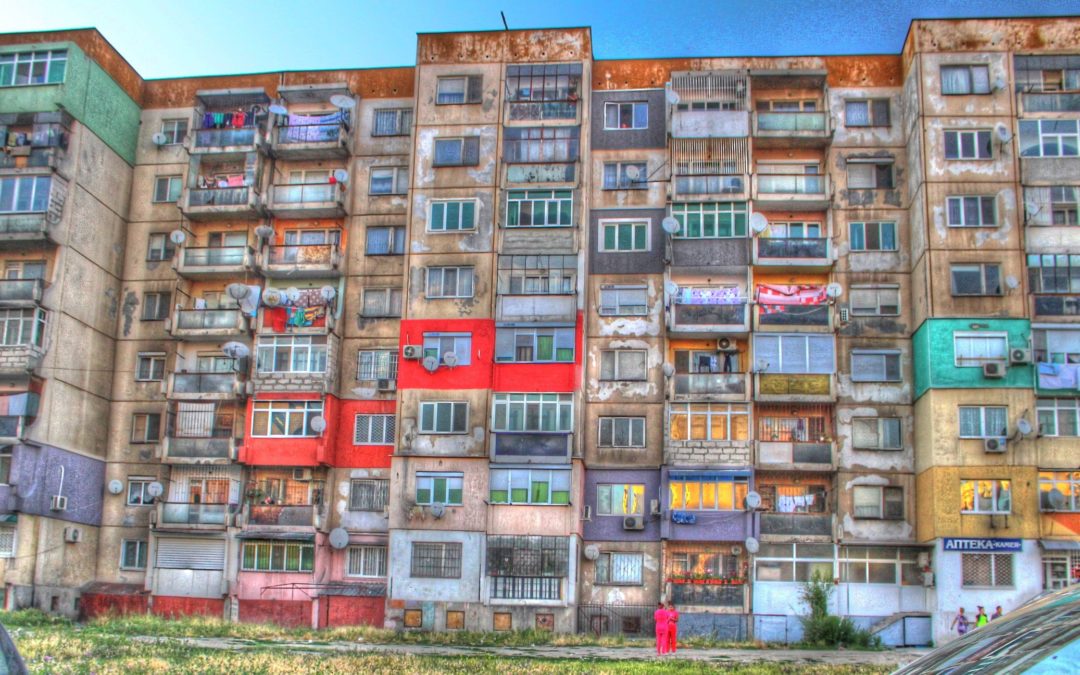While traveling abroad, I tend to try to embrace new locales with an open mind. To me, this means suppressing any prejudicial notions I may have about a city, country or class of people. One such group of people that carry a negative stigma are the Roma people, otherwise known as gypsies, which may be found throughout Europe, but are primarily settled (I use the term loosely) in Eastern Europe.
I, as have many other travelers, have in fact had negative experiences with gypsies which cause me to carry preconceived notions about the roma community as a whole. But this is not a fair way of writing off an entire culture. My encounters, like many other Westerners, have occurred in major Western European cities. Girls I was traveling with have had babies thrown at them as a distraction for a pick-pocketing attempt. Others have reached for my pockets or other possessions with seemingly no shame or sense of personal space. I can think of countless times where gypsies tried to enter my vehicle or obstruct my walking path in an effort to extract something out of me. While this behavior is never acceptable, it can almost be understood given the hardships and prejudice these people endure in Western Europe. They are almost not even perceived as humans, and thus really have no opportunity to work or better themselves socio-economically.
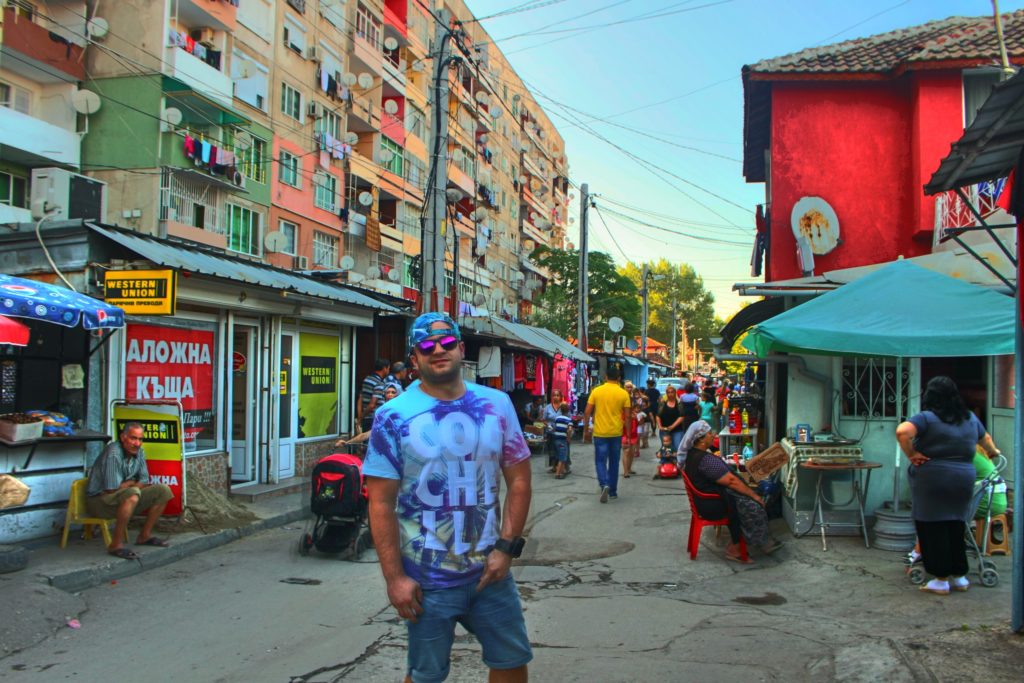
So then, people ask me, why would you ever go out of your way to travel to one of the largest gypsy slums in Europe? Well, it begins with my reasons for traveling to begin with. While I enjoy seeing famous sights and cities, I am really more interested in how different people around the world live their daily lives. As in, the typical people which make up a given country. If a foreigner travels to New York City, the people they see in the streets surely cannot be seen to represent a typical American. Thus, while in Bulgaria, I visited Plovdiv and took in the culture, but in order to fully understand Bulgaria, one must understand that there are more than just ethnic Bulgarians.
As such, we set out for Stolipinovo, which is regarded to be the largest gypsy ghetto in the world. It is located on the far outskirts of Plovdiv and is a world apart from the well-groomed pedestrian walkways of Bulgaria’s second-largest city. Entering the city is like entering an alternative reality. The run down Soviet-era housing blocks which line the streets are in an utter state of disrepair. But even worse are the streets which, in many places, no longer have asphalt visible. Your immediate instinct would be to turn right around and leave. I know that is what my girlfriend wanted. But we pressed on, and much to our disbelief, we were glad we did. Immediately, upon reaching the more densely populated spots, we were receiving, as expected, unending stares from the local population. As I was driving through the terrible roads, I proceeded to drive slowly through what looked like a shallow puddle. But right before I could enter the puddle, 10 or so local men screamed “stop!”, and motioned to me to go around the puddle by going up the curb (or what was left of it). It turned out that the puddle was actually a ditch that was around 5 feet deep.
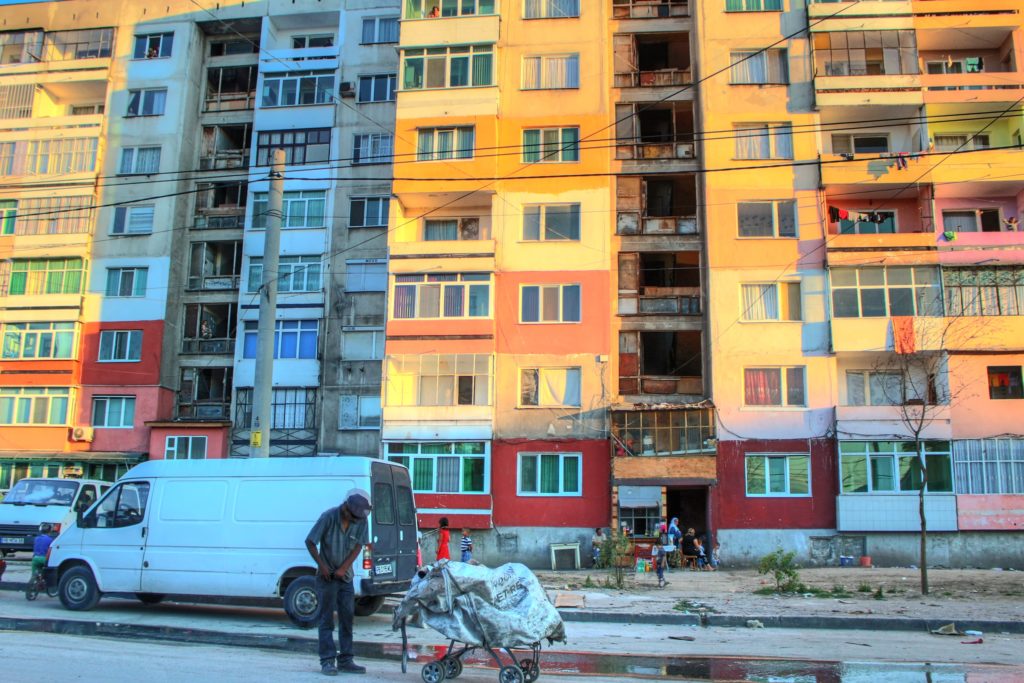
Immediately I had a change of heart about these people. As I proceeded around the puddle, the local men smiled and gave a thumbs up. Some yelled “Welcome!”, while others shouted “America!”. Us sinking our car into the ditch surely would have surmounted to an economic opportunity for these people. We parked the car nearby and got out to walk around. Garbage literally covered every patch of land that wasn’t already covered by a street or a building. While we were a bit uneasy at first, we walked around the town like any other local. Never at any point did we feel threatened and nor did we many strange looks outside of merely curious stares. It should be understood that myself and my girlfriend don’t necessarily dress conservatively while traveling. Our outfits looked like we were on our way to an EDM festival so we clearly stood out. We explored the town, purchased some stuff, and talked with some people, all while never experiencing any threatening behavior. We even happened upon a wedding and the locals more than happy to see our presence at there. We stayed in the town for a few hours and grew to appreciate the utter chaos and disordering surrounding us. We were told that the local government, police and utility companies are too afraid to set food in Stolipinovo, thus accounting for the heaps of garbage, lack of paved roads, and electricity wires being strewn around the buildings like birds’ nests. It was quite an eye-opening experience to see people living like this in Europe. In many ways, I was struck by the plight of these people and resilience in the face of this adversity. They all seemed to really enjoy the wedding festivities and it was nice to see that people of this socio-economic class can still enjoy themselves and celebrate the important things in life.
